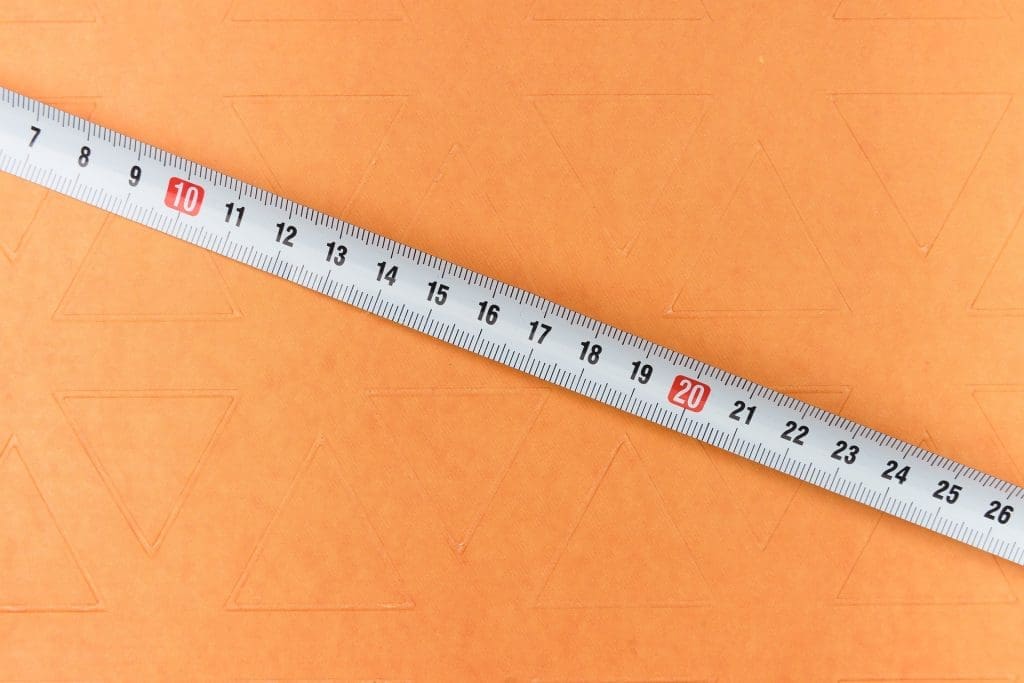Can Savile Row adapt to social distancing?
The epicenter of British fashion since the swinging sixties, London’s Savile Row is world-renowned for practically inventing bespoke men’s tailoring, and helping suits become more than just business wear. But in the wake of the Coronavirus pandemic, the traditional elements of tailoring — particularly the close contact required to personalize a suit truly — is arguably too unsafe to continue as normal for the time being. The big question is can they adapt to social distancing.
In terms of its physical presence, Savile Row’s brick and mortar stores are doing their best to negotiate decreases in rent and business rates, “guided by supply and demand.” And with lockdown measures being imposed and lifted as the infection rate ebbs and flows in local areas, it also leaves the short term need for suits in the dust. All this is to say that Savile Row is facing a more uncertain future than ever. But is there a light at the end of the tunnel for London’s most fashionable street?

How will the stores survive?
With 21 boutique tailors operating on Savile Row, there are some big names in the world of bespoke menswear that face severe financial difficulty if they don’t receive adequate support from landlords or the government. And while not anticipating the current crisis, some brands may already be better insured than others. For example, having only recently returned to their Soho spiritual home, Hackett’s formalwear has long been available off-the-rack in their high street stores and online.
However, even before the pandemic, Savile Row began losing some of its flagship brands, including Chester Barrie and Hardy Amies, which had been there since 1937 and 1945. As Robb Report points out, this leaves thirteen vacant storefronts and counting, all up against rents and rates, which are “unsustainable for craft businesses and give little incentive for newer, more agile houses to set up shop.” That said, newer arrivals like Cad & The Dandy — which, as GQ points out, was founded by two former bankers during the last recession — not only fit that category but have managed to pivot their services to the times, manufacturing PPE from their Savile Row address. This demonstrates what the road’s less traditional tailors are capable of, even if it won’t necessarily guarantee that they will be able to keep the lights on in the long term.
How will the art of tailoring change?


But it isn’t just the financial losses brought on by the Covid-19 pandemic, which will see significant upheaval in the world of fine men’s tailoring. The practice itself needs to change dramatically to accommodate social distancing measures, even as non-essential shops have been allowed to reopen. After all, the primary thing that separates a bespoke suit from its prêt-à-porter counterpart is the craftsmanship that goes into fitting it precisely to the wearer’s body shape and specifications. And, as Savile Row tailor’s managing director William Skinner put it to Fortune Magazine recently, “If you say socially distancing to make a suit, the two don’t mix. It’s like oil and water.”
From the proximity between tailor and customer to the repeat visits to ensure the suit is exactly right, the entire process takes, as Fortune notes, “at least 10 to 12 weeks of hands-on work”, and requires a great deal of direct contact. Some Savile Row tailors have begun conducting home visits and virtual consultations or extending their usually selective opening hours to accommodate for both pent-up lockdown demand and extreme cleaning measures.
Still, for a profession that is so steeped in tradition, having to make these adaptations seems to become surprisingly easy to the tailors at Savile Row so far. Many are optimistic about the future and about the feelings of their customers. “As we go further down the line,” Skinner told Fortune, “I think people will be able to get a piece of normality and wear beautiful clothes.” For the sake of the British sartorial institution that is Savile Row, let’s hope so.
With so many businesses struggling to survive and figure out what business shifts will come out of this pandemic. It’s also important to reflect on our relationships during these times for our good mental health. As businesses struggle, so are our friendships as we are forced to adapt to social distancing, exacerbating our anxiety. Make sure to not only take care of your business but your well-being as well.




